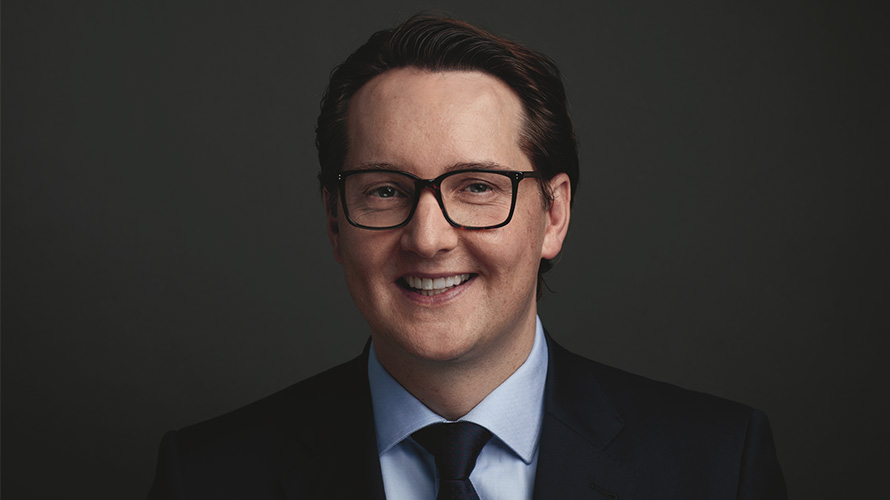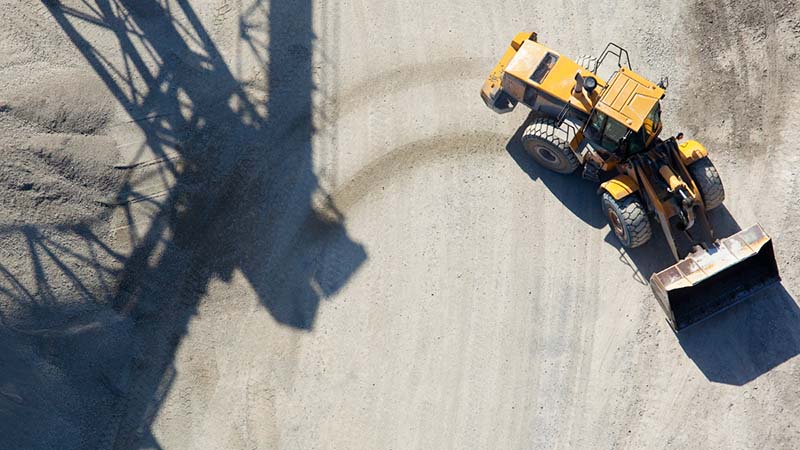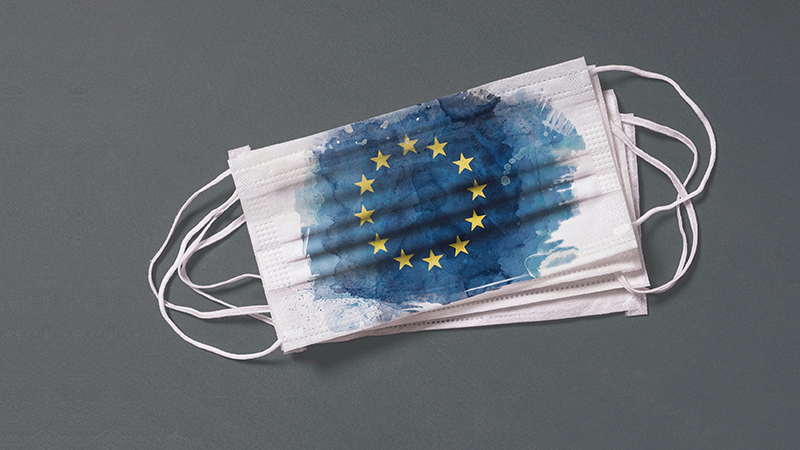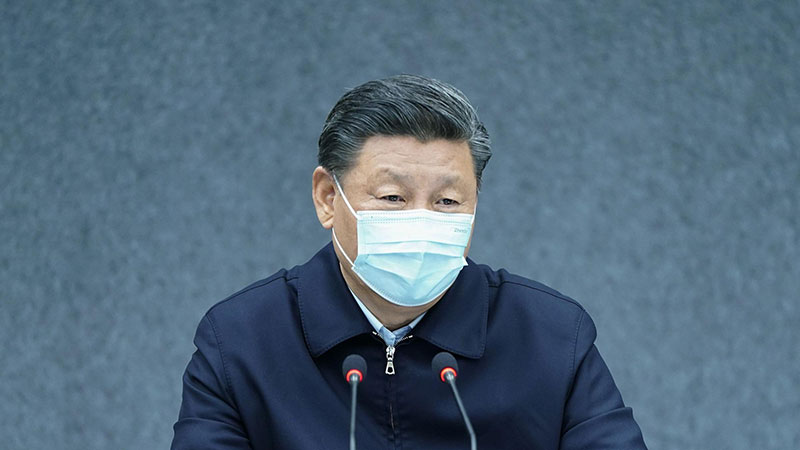Syria, North Korea, Russia: Are geopolitical risks really greater than in the past?
Geopolitical risk has become an ever increasing worry since last year’s tensions between the US and North Korea. While the tensions with Kim Jong-un have now receded, they have been replaced by tensions with Russia and Syria, as witnessed by last week's air strikes and the fiery rhetoric which followed, led by Vladimir Putin.
But has the world really become more dangerous recently, as the media seem to describe it? Did the post-world war generation really live in a safer world than the current one, as many people seem to believe?
The response is an unequivocal NO!
A look into the past
In 1945 nuclear weapons were used for the first time when the US dropped two atomic bombs on Hiroshima and Nagasaki. This resulted in the immediate capitulation of Japan, which saved many lives, since the war might have lasted much longer if Japan had not surrendered.
The end of WW2 led to the Cold War, characterized by a formidable arms race between the US and the Soviet Union. By the end of the 1960s, both nations possessed enough nuclear weapons to eradicate the entire world population.
Even more disturbing however, was the fact that US and Soviet leaders would not communicate with each other, instead guessing each other's intentions. This lack of communication was exacerbated by the fact that satellite technology was still rudimentary and didn't allow the two rival countries to view what was happening in each other’s territory, e.g. military preparations.
The consequence of this lack of transparency was the ever-present risk of a catastrophic misunderstanding. In fact, the post-war generation constantly lived with a potentially devastating sword of Damocles hanging over its head - one which could have fallen at any moment.
Just how big this risk really was has been illustrated by the Petrov incident, which was made public only after the end of the Cold War. In the early 1980s, the US and Soviet Union followed the doctrine of "mutual assured destruction", which meant that any nuclear strike against one country would automatically be met by a retaliatory nuclear strike against the other ‒ hence effectively assuring that both countries would be destoyed. On September 23, 1983, Russian radar detected that US intercontinental missiles had been launched toward the USSR. Vividly aware that this information would trigger WW3, the officer on duty ‒ Stanislav Petrov ‒ decided not to pass the information on to his chain of command. It was later proven that the radar signal was based on a computer error ‒ yet Petrov's military career was over. It is entirely conceivable that had another person been on duty that night, both the US and the Soviet Union (and probably most of the countries of western Europe, which were NATO members) would have been largely destroyed.
Assessment of the current situation
While today's geopolitical situation is certainly worrisome, it bears no resemblance to that of the Cold War. The risk of a catastrophic mistake is far lower today. A number of factors are contributing to this:
- First, modern satellite systems allow governments to "peek over the fence", thus creating more transparency over the actions of their rivals.
- Second, governments – including adversaries - still communicate with each other. This was perfectly illustrated by last week's US-led airstrikes on Syria. Both President Putin and Assad had been informed in great detail about the targets of the airstrikes and the precise timing of the attacks. How else could one otherwise explain that Russian troops were moved away from the vicinity of the targets, and their anti-ballistic missile systems were disengaged? And why would President Assad leisurely stroll back into his office in the Presidential Palace a few hours after the strikes if he wasn‘t absolutely certain that the strikes were over and his Palace wouldn‘t be targeted?
While modern technology, such as the smartphone, allows us to be constantly inundated with news (and unfortunately, disturbing news sells better than less disturbing news...), we should not forget that in fact, the world is a much safer place now than it was during the Cold War.
Paradoxically, even though the post-war generation was less exposed to worrying geopolitical news, the real geopolitical risk they lived under was far greater than today's!
The CIO weekly thoughts focus and reflect on key topics, which caught Lars Kalbreier's mind during the week. It is more a free expression of thoughts to trigger healthy debates amongst the readership and by no means intended to be a strategy review.
In this context
The struggle for the next era of world orderWith China’s new digital power, the struggle for geopolitical dominance is accentuated. Who will be the new superpower in the digital age?
Worth reading in this context








